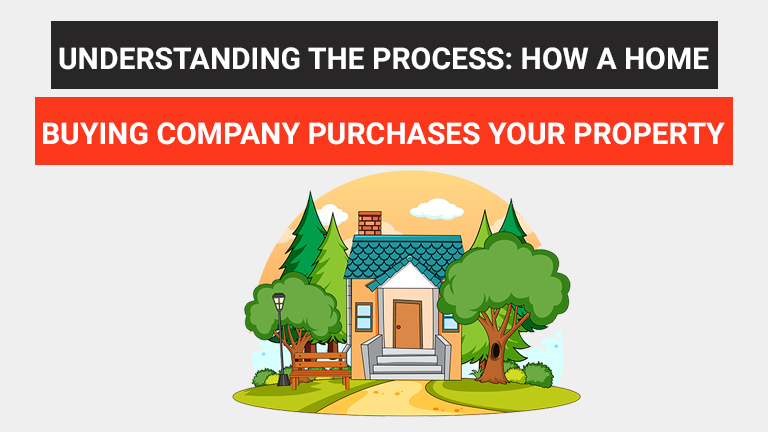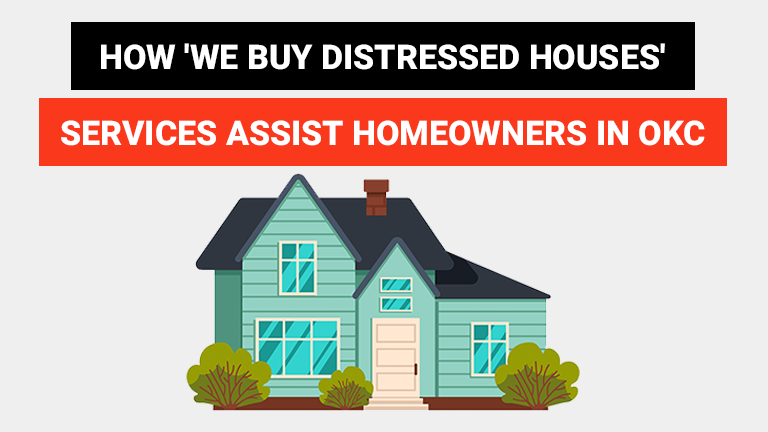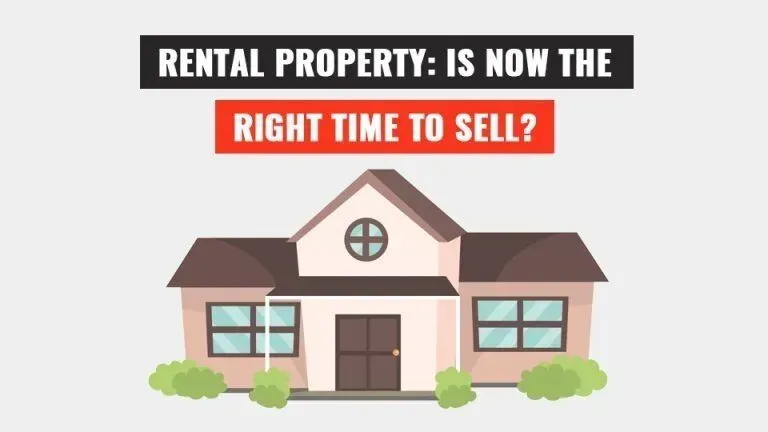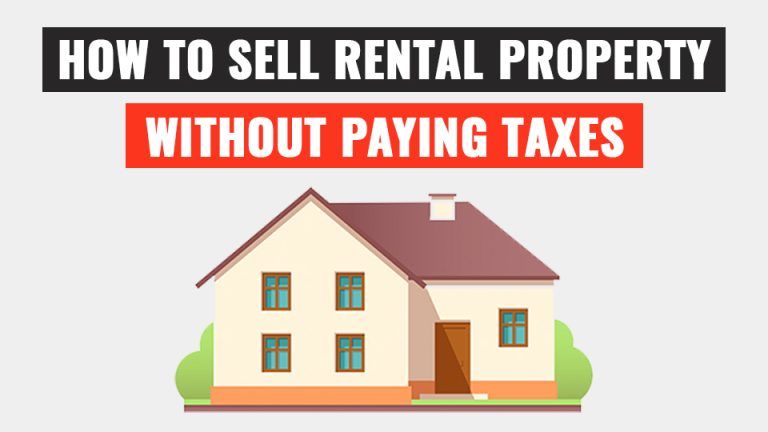Bankruptcy and Your Home: What You Need to Know to Protect Your Assets
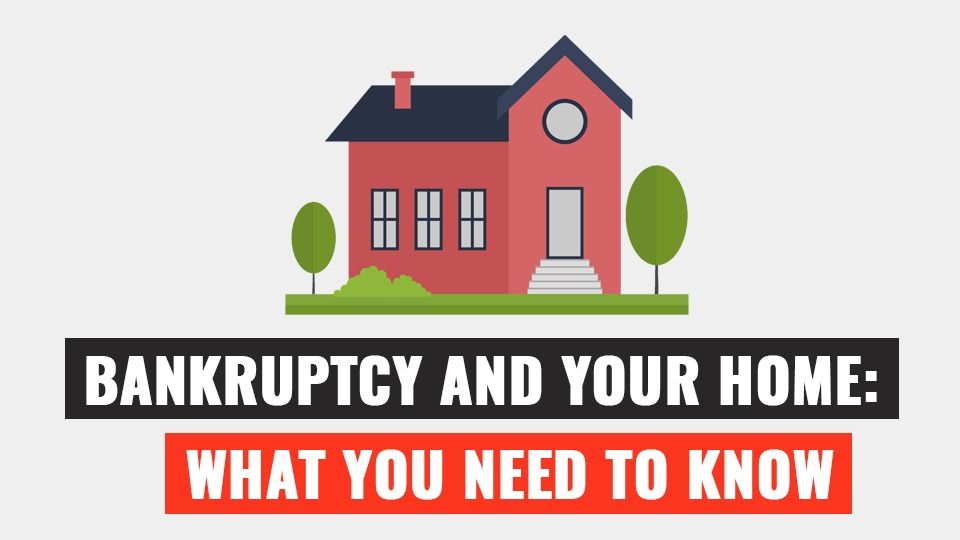
If you're struggling with debt, filing for bankruptcy may be a viable option for you. However, one of the biggest concerns people have when considering bankruptcy is how it will affect their home. Your home is likely one of your most valuable assets, and the thought of losing it can be overwhelming.
There are some ways to keep your house during bankruptcy, depending on the bankruptcy laws in your state. However, if mortgage payments and upkeep are too much for you to handle, a cash home sale may allow you to sell your house to avoid bankruptcy and get out of your mortgage.
How Does Bankruptcy Work?
Before we dive into how bankruptcy affects your home, let's first understand what bankruptcy is and its different types. Bankruptcy is a legal process that allows individuals or businesses to eliminate or repay their debts under the protection of the bankruptcy court.
There are two main types of bankruptcy for individuals: Chapter 7 and Chapter 13.
Chapter 7 Bankruptcy
Chapter 7 bankruptcy is also known as a "liquidation bankruptcy." In this type of bankruptcy, a trustee is appointed to sell off your assets to pay your creditors. However, not all assets are sold off. Certain assets are protected by exemption laws, which we'll discuss later in this article.
Chapter 13 Bankruptcy
Chapter 13 bankruptcy is a "reorganization bankruptcy." In this type of bankruptcy, you work with a bankruptcy trustee to create a repayment plan to pay off your debts over a period of three to five years.
The Role of Your House in Bankruptcy
Your home is considered an asset in bankruptcy, and it can be sold off to pay your creditors in a Chapter 7 bankruptcy. However, as we mentioned earlier, there are exemption laws that protect your home from being sold off.
The exemption laws vary by state, but they generally protect a certain amount of equity in your home. Equity is the difference between the value of your home and the amount you owe on your mortgage. For example, if your home is worth $300,000 and you owe $200,000 on your mortgage, you have $100,000 in equity. If your state has a homestead exemption of $100,000, your home would be fully protected in a Chapter 7 bankruptcy.
The Exemption Laws That Protect Your Home
As we mentioned earlier, each state has its own exemption laws that protect your home in bankruptcy. Some states have a very generous homestead exemption, while others have a much lower limit.
For example, Texas has a homestead exemption that allows you to protect an unlimited amount of equity in your primary residence. On the other hand, in New York, the homestead exemption is only $165,550.
It's important to understand your state's exemption laws and how they apply to your specific situation. A bankruptcy attorney can help you navigate these laws and ensure that your home is fully protected.
The Benefits and Drawbacks of Keeping Your Home
If you're filing for Chapter 7 bankruptcy and your home is fully protected by exemption laws, you may be able to keep your home. However, keeping your home may not always be the best option for you.
One of the benefits of keeping your home is that you'll have a place to live. Additionally, if you continue to make your mortgage payments, you'll continue to build equity in your home. This can be beneficial in the long run if you plan to sell your home in the future.
However, there are also drawbacks to keeping your home. For example, if your mortgage payment is too high, you may struggle to make ends meet each month. Additionally, if you're behind on your mortgage payments, keeping your home may not be a viable option. In this case, you may need to consider other options, such as a cash home sale.
The Cash Home Sale Option in Bankruptcy
If you're struggling to keep up with your mortgage payments or your home is not fully protected by exemption laws, a cash home sale may be a viable option for you. In a cash home sale, you sell your home to a cash buyer for a lump sum of money. This allows you to pay off your mortgage and any other debts you may have.
A cash home sale can be a good option if you need to sell your house to avoid bankruptcy. Additionally, it can help you avoid foreclosure and the negative impact it can have on your credit score.
Common Mistakes to Avoid in Bankruptcy
There are several common mistakes people make when filing for bankruptcy. One of the biggest mistakes is not understanding their exemption laws and how they apply to their specific situation. Another common mistake is not working with a qualified bankruptcy attorney.
It's important to do your research and understand the bankruptcy process before filing. Additionally, working with a qualified attorney can help you avoid costly mistakes and ensure that your bankruptcy is handled correctly.
Maintaining accurate records is crucial when selling a rental property. Proper documentation not only ensures compliance with tax regulations but also maximizes potential deductions. Real estate investors should keep detailed records of all expenses related to the property, including
Sell Your Home Fast for Cash
If you need to sell your house fast but don’t want the hassle of a traditional home sale, contact Local Guy Buys Houses. We buy houses as-is. No repairs are needed. Avoid closing costs and realtor commissions. Close in as little as seven days. Call 855-205-5999 to get a fast cash offer from our local home buyers.
Get Your Fair & Honest All-Cash Offer Today! No Obligations!
We will get back to you as soon as possible.
Please try again later.
By submitting this form, you agree to our Conditions of Use and Privacy Policy. You may receive both automated and personal text messages. Reply STOP at anytime to opt-out.
Or Call Us Now At 855-205-5999
